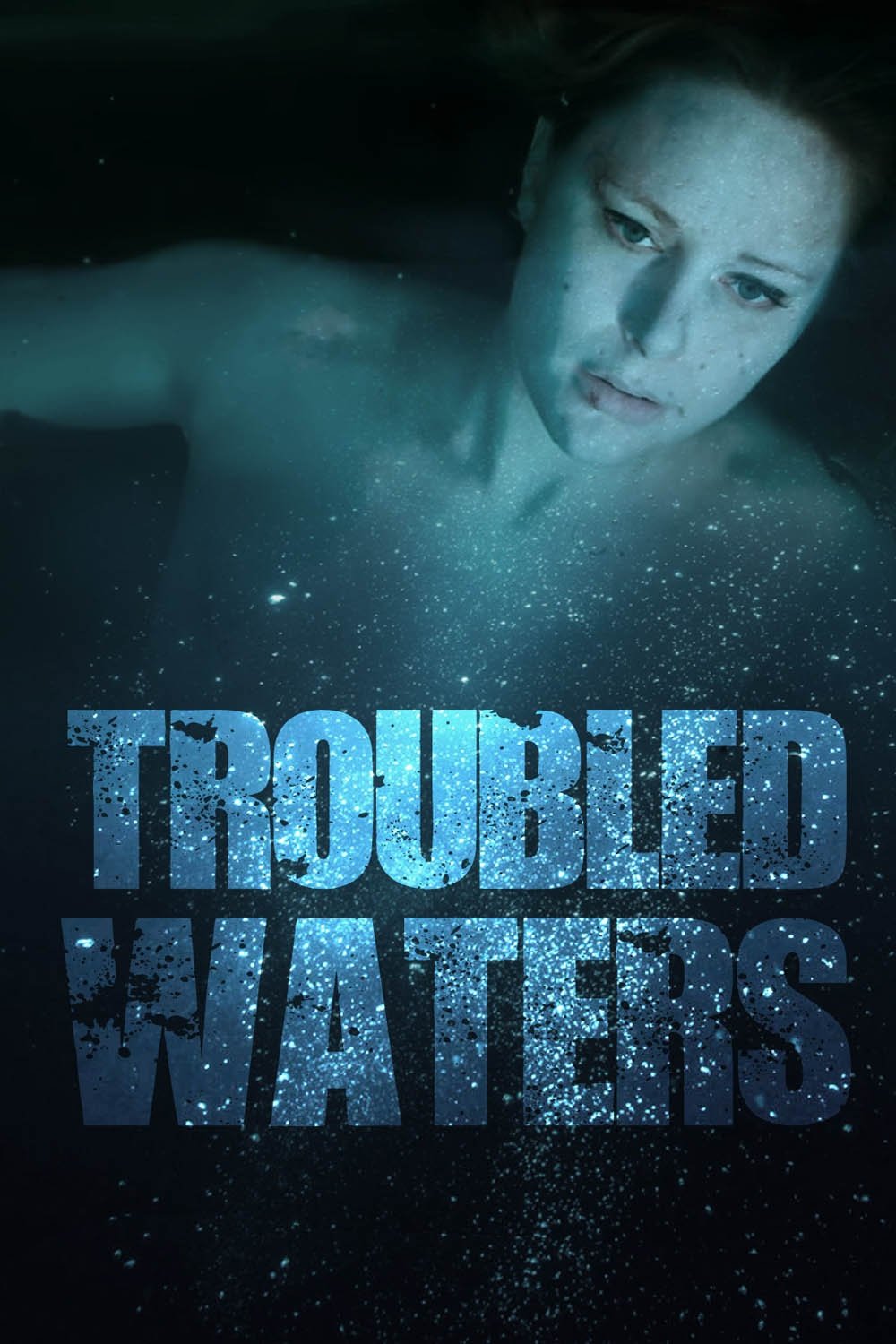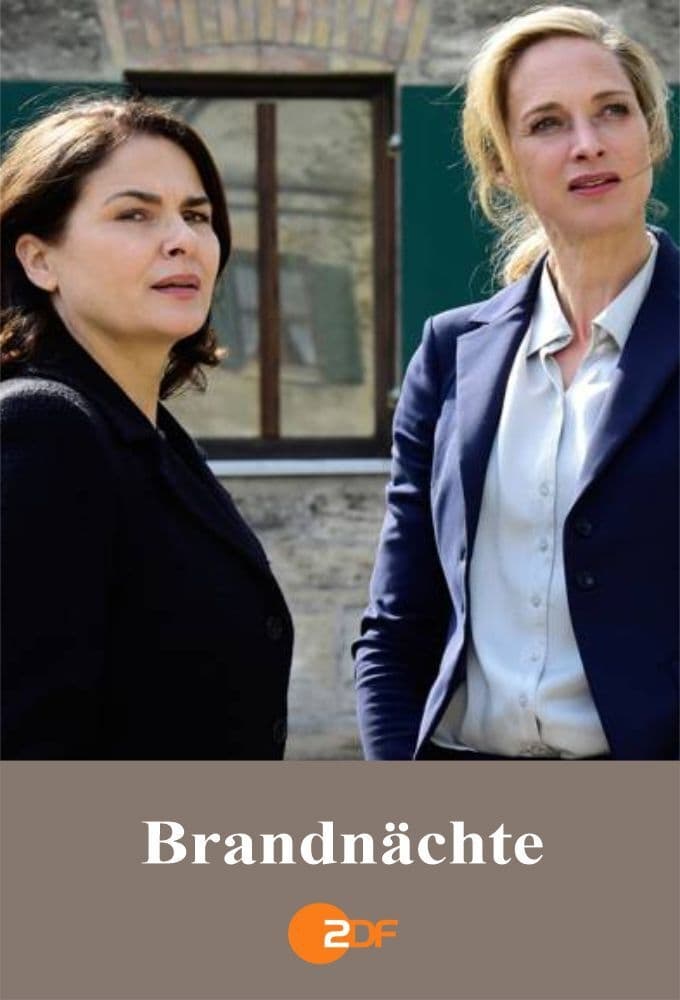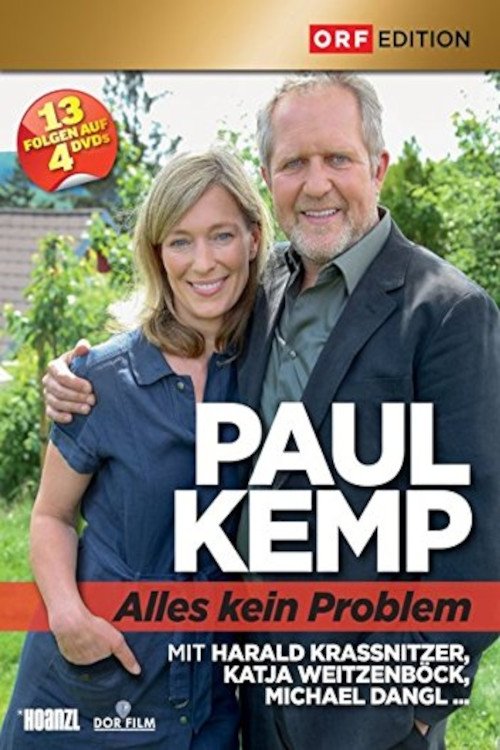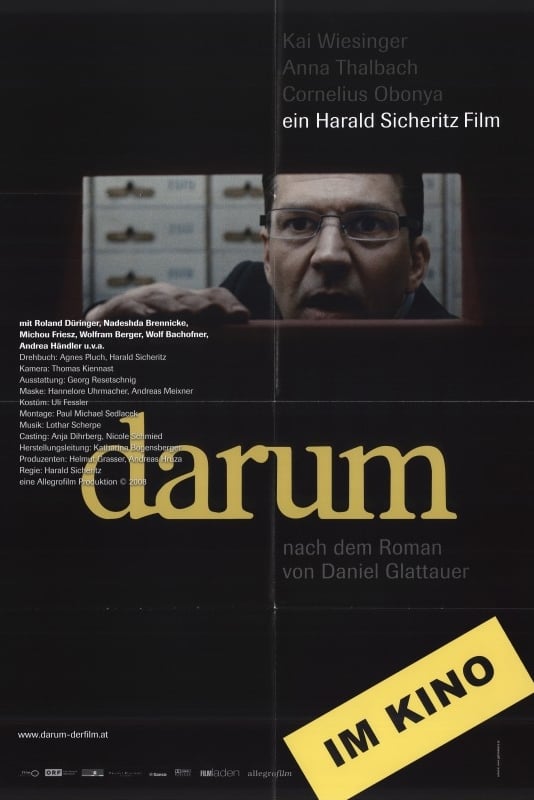

Salzburg. A few weeks before Christmas. Franz, in his late forties, secretly dreams of a career as a rock guitarist, but in real life he ekes out an unsuccessful existence as a music teacher. In addition, his marriage to Linn is in deep crisis and the pubescent daughter Julie hardly speaks to her parents.

The investigation of an escort girl found dead in a luxury hotel leads the detectives on a dangerous trail, flustering the local authorities of the wealthy town.

To find out the truth about her sister's death, lawyer Julia returns to her home village in the foothills of the Alps, where the gruesome murder took place eight years ago. A mysterious email she receives opens up old wounds and makes her doubt whether the police convicted the right person back then. Step by step, she delves deeper into a web of lies and half-truths, putting herself in danger in the process. Julia wants to confront the past and find her sister's real murderer. She seeks contact with Inspector Maurer, who once led the investigation. The taciturn investigator is now suspended from duty and seems to know more than he is letting on. The behavior of psychologist Lisa Poldack, who has been treating the recently deceased perpetrator since his confession, is also puzzling.



Think of a really nice person, a friend of yours, someone who could never hurt a fly. Imagine finding out that he is supposed to have killed someone. You're told that he has shot a person in a bar, for no obvious reason. He has already confessed. He says the murder was planned. He expects a life sentence. He even longs for it. He wants to pay for his crime. The psychiatrist cannot see any mental illness. People around him don't think him to be evil. They like him. They want to help him and protect him from himself. And they all ask the same question: Why....?
Donna Roma is a four-part mini-series thriller from director James Schäuffelen who plays in Italy or Germany. The first broadcast took place on 1 March 2007 on ZDF.

The young Friedrich Schiller begins his life as a poet with a dramatic escape. After the sensational success of his first drama "The Robbers", he deserts from the Duke's army. At the Mannheim Court and National Theatre, he initially receives a friendly reception, but his new play "Fiesko" is not well received by the artistic director Dalberg. In the successful actor and author August Wilhelm Iffland, Schiller finds a strong competitor for the position of in-house playwright and vies with him for the love of the same woman. The young poet's situation becomes increasingly precarious; he has no money, suffers from hunger and falls seriously ill. Nevertheless, he works feverishly for recognition and success with no regard for his own health.
By browsing this website, you accept our cookies policy.